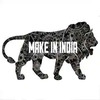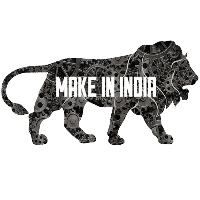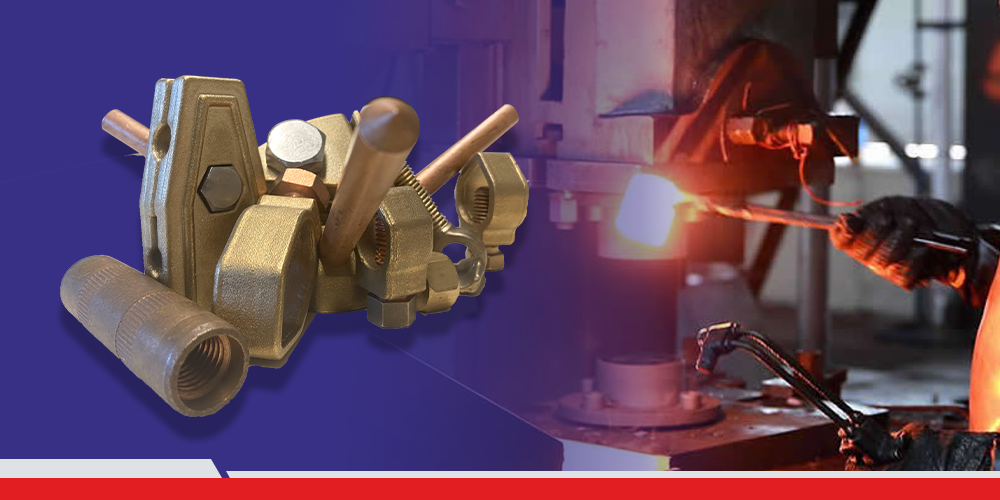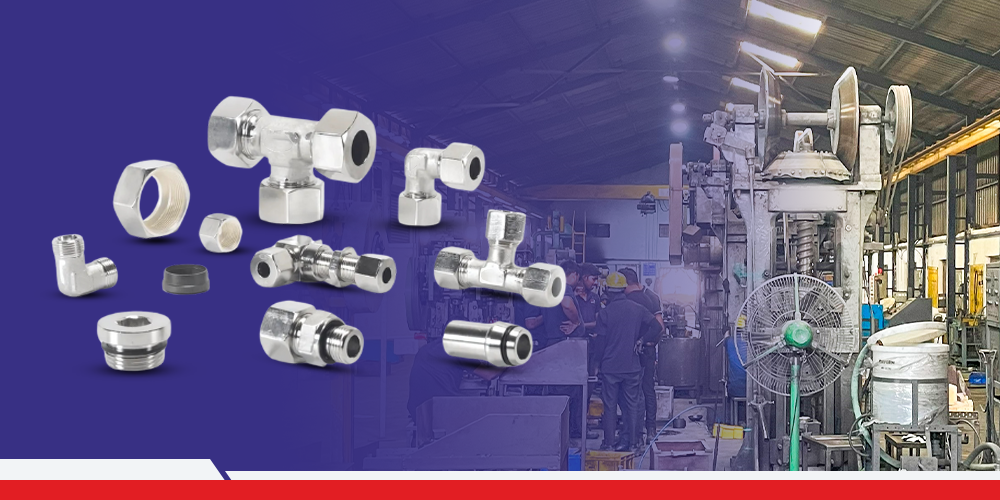Sales Inquiry
Understanding the Fundamental Differences between Casting and Forging
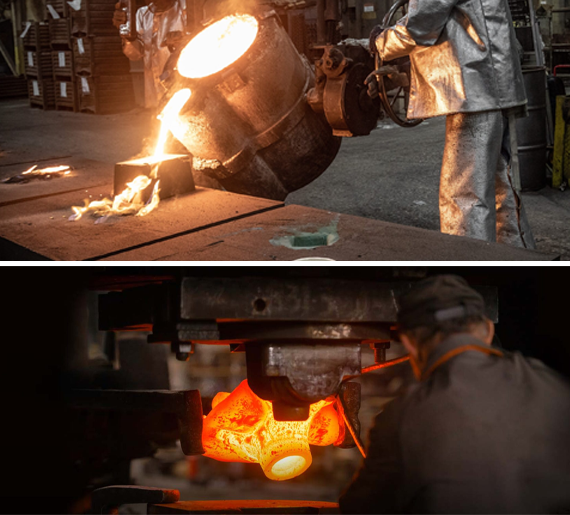
Table of Contents:
1. Introduction
· Overview of Casting and Forging Processes
· Importance of Understanding Differences
2. Casting vs. Forging: Fundamental Disparities
· Porosity Concerns
· Suitability for Electrical Components
· Clarity of Marking Letter
3. IQS's Premium Forged Electrical and Earthing Accessories
· Craftsmanship and Quality Assurance
· client-centric approach
4. Conclusion
5. FAQs
In the dynamic landscape of manufacturing, understanding the disparities between casting and forging processes holds significant implications, particularly in industries where precision and reliability are paramount. At IQS Engineering Solutions, a renowned name in the non-ferrous forging companies in pune, we recognize the importance of this, especially concerning electrical and earthing accessories. In this blog, we delve into the fundamental differences between casting and forging, shedding light on their implications for the production of these critical components.
Casting vs. Forging: Unraveling the Distinctions
1. Porosity Concerns:
- Casting: Casting processes, while versatile, may result in porosity issues due to air entrapment during the molten metal pouring phase. This can compromise the integrity and reliability of electrical and earthing accessories.
- Forging: In contrast, forging processes involve shaping metal through compressive forces, resulting in denser and more uniform structures with Zero porosity. This ensures superior mechanical properties and reliability, crucial for electrical components.
2. Suitability for Electrical Components:
- Casting: While casting may suffice for certain electrical components, its susceptibility to porosity makes it less ideal for critical applications requiring superior strength and reliability.
- Forging: Forging emerges as the preferred choice for manufacturing electrical accessories, offering enhanced strength, durability, and dimensional accuracy. The absence of porosity ensures optimal performance in demanding electrical environments.
3. Clarity of Lettering:
- Forging: One notable advantage of forging is the clarity of lettering or markings on the final product. The forging process use the metal dies, resulting in well-defined and durable lettering, essential for identification and branding in the electrical industry.
IQS's Premium Forged Electrical and Earthing Accessories
At IQS Engineering Solutions, we are committed to meeting the evolving demands of our customers by offering a wide range of uniquely designed Electrical and Earthing accessories crafted through forging. Our dedication to excellence is evident in every aspect of our manufacturing process:
1. Craftsmanship and Quality Assurance:
- Premium Grade Materials: We use only the finest quality base materials for our forged parts, ensuring durability, conductivity, and performance.
- Contemporary Manufacturing Technology: Leveraging advanced technology and processes, we craft each accessory with precision and finesse, maintaining the highest standards of quality.
- Stringent Quality Checks: Before reaching our customers, each part undergoes rigorous inspection by our experts to ensure adherence to industry norms and standards.
2. Client-Centric Approach:
- Dimensional Accuracy: Our experts meticulously inspect each part to ensure precise dimensions, guaranteeing compatibility and seamless integration into various electrical systems.
- Pocket-Friendly Prices: While upholding uncompromising standards of quality, we offer our products at competitive prices, ensuring exceptional value for our clients.
Conclusion: Empowering Electrical Systems with IQS Engineering Solutions
At IQS Engineering Solutions, we stand at the forefront of innovation and excellence in the production of electrical and earthing accessories. By combining premium materials, contemporary manufacturing technology, and stringent quality assurance measures, we deliver forged accessories that exceed expectations.
With a focus on forging processes, we ensure minimal porosity and superior strength, making our accessories ideal for critical electrical applications. Whether enhancing electrical systems or ensuring robust earthing solutions, IQS Engineering Solutions remains a trusted partner in driving efficiency, reliability, and safety across industries.
With IQS Engineering Solutions by your side, you can trust that your electrical and earthing needs are met with expertise, quality, and an unwavering commitment to excellence.
FAQs
1. What is the primary difference between casting and forging?
- A: Casting involves pouring molten metal into a sand mold to achieve the desired shape, while forging uses compressive forces to shape metal into the desired form.
2. Which process is more susceptible to porosity issues?
- A: Casting processes are more prone to porosity due to air entrapment during metal pouring, whereas forging processes result in denser structures with minimal porosity.
3. Why is forging preferred for critical electrical components?
- A: Forging ensures superior strength, durability, clarity of marking letters and dimensional accuracy, making it ideal for critical electrical applications where reliability is paramount.
4. How does forging contribute to clarity of lettering on components?
- A: The forging process compresses metal in a metal die, resulting in well-defined and durable lettering or markings, crucial for identification and branding in the electrical industry.
5. What materials are used in the manufacturing of IQS's forged accessories?
- A: IQS Engineering Solutions uses premium grade base materials to craft its forged accessories, ensuring durability, conductivity, and optimal performance making it one of the top forging companies in pune.
6. How does IQS ensure the quality of its forged electrical and earthing accessories?
- A: Each accessory undergoes rigorous inspection by experts against multiple parameters of quality, ensuring adherence to industry norms and standards of forging companies in pune.
7. Are IQS's forged accessories suitable for various electrical systems?
- A: Yes, IQS's accessories are meticulously inspected for precise dimensions, guaranteeing compatibility and seamless integration into diverse electrical systems.
8. Does IQS offer its forged accessories at competitive prices?
- A: Yes, while upholding uncompromising standards of quality, IQS ensures its products are offered at competitive prices, providing exceptional value to clients.
9. How does forging technology contribute to the strength of IQS's accessories?
- A: Advanced forging technology and processes result in accessories with superior strength, durability, and resistance to wear and tear, ensuring reliability in demanding environments.
10. Can IQS's forged accessories be customized according to specific requirements?
- A: Yes, IQS offers customization options to meet the unique needs of clients, ensuring that each accessory meets their exact specifications and application requirements making us a go-to among the forging companies in pune.

